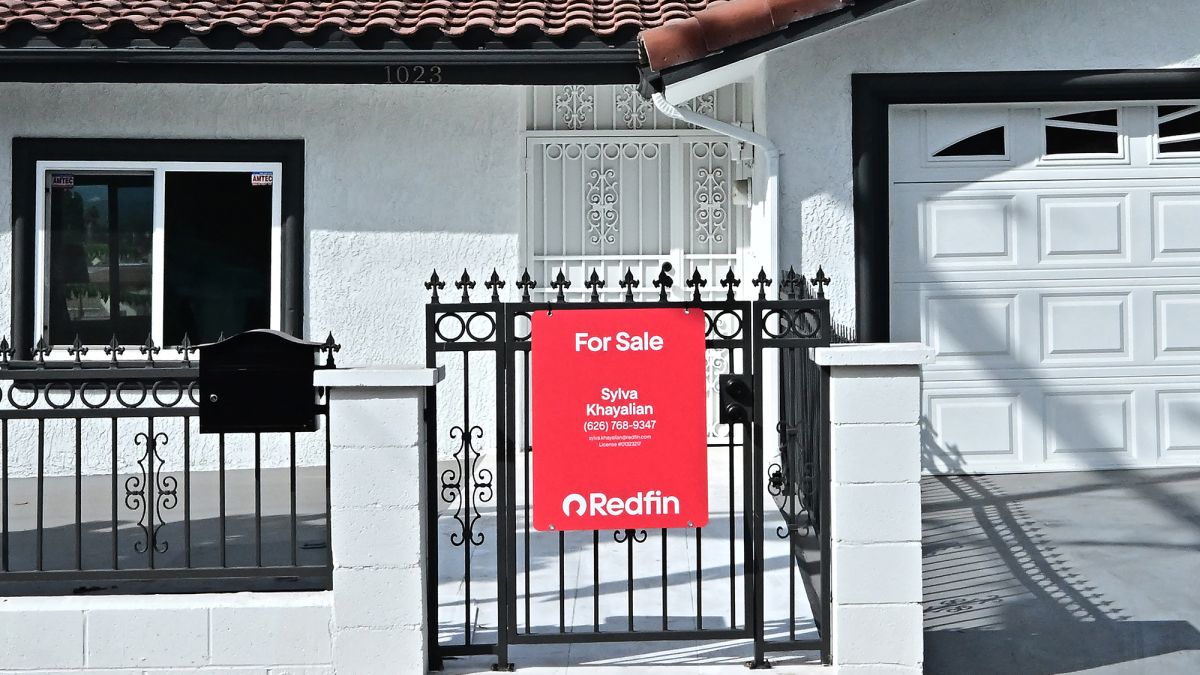S
an Francisco's credit rating has been downgraded by Moody's Ratings from Aaa to Aa1, the highest possible rating, due to the economic impact of remote work on office vacancies and local spending. The city's shift to a hybrid model and reduced commuting have led to high vacancy rates, depressed rents, and decreased foot traffic. This downgrade can increase the cost of municipal bonds for San Francisco, which uses debt to fund public infrastructure projects.
While the Aa1 rating still indicates high-quality obligations with low credit risk, it represents a decrease from the previous "highest quality" rating. Fitch and S&P Global, other major ratings agencies, have not downgraded San Francisco's credit rating, but S&P did lower its overall outlook to "negative" this spring due to similar challenges.
The city is grappling with a record 37.3% office vacancy rate in Downtown, leading to a post-pandemic collapse of the office market and significant value reductions for commercial properties. Many landlords have appealed the taxable value of their buildings, which could spell trouble for San Francisco's finances, as property taxes are its largest contributor to general operations coffers. The city faces a projected two-year deficit of $789 million, with other Downtown revenues remaining below pre-pandemic levels.













